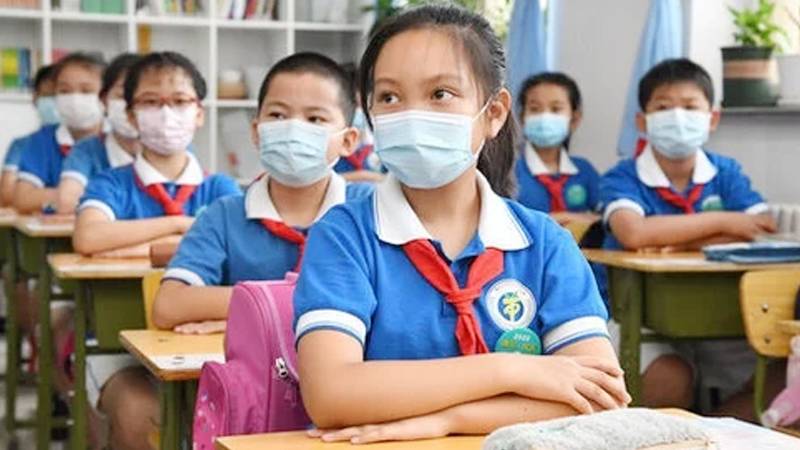Beijing has ordered all schools to close in an escalation of containment measures as it struggles to halt a new Coronavirus outbreak which has already spread to neighboring provinces.
The Chinese capital on Tuesday lifted its emergency response to level two and said that people will have to be tested for the virus before being allowed to leave the city.
The total reported number of infections has reached 106, according to the National Health Commission, while cases linked to the Beijing cluster have already been reported in two provinces in China’s northern region.
While the decision to close schools and limit people leaving signals the severity of the growing crisis, officials have so far taken a more targeted approach towards the latest outbreak compared to similar resurgences in Wuhan and in the country’s northeast region. The stakes are higher in Beijing, where the country’s business and political elite reside, and an aggressive lockdown risks undoing China’s economic re-opening and nascent moves to restart travel with other countries.
Beijing has restricted movement only in areas where new cases have been found. While taxis and cars from ride-hailing apps have been banned from leaving Beijing and passenger buses from some cities in nearby provinces have been halted, trains and most other forms of transport to and from Beijing remain open.
The costs of imposing an across-the-board shutdown are too high as Beijing’s population is much larger than that of Wuhan, said Yanzhong Huang, professor at the Center for Global Health Studies of Seton Hall University.
“A city-wide lockdown in Beijing would not only reverse the process of economic and social reopening, a key policy objective of the party, but also undermine considerably the government’s own narrative on the success of its anti Covid-19 campaign,” Huang said. “The social, economic, and political pain might be way too high to justify a city-wide lockdown.”
Beijing on Tuesday closed another food market located near the financial district after a case linked to the original cluster was discovered. Eleven other food markets have been shuttered and almost 300 others sanitized, while nearly 30 housing compounds have been put under lockdown, local officials said.
Key Three Days
Housing compounds and companies are collecting information from their residents or workers on whether they have been to or had contact with anyone who has been to Xinfadi, the fruit and vegetable market where the new cluster was first discovered. It supplies around 80% of the city’s farm produce and tens of thousands of people pass through daily.
With mass testing and contract tracing underway, the next few days will be crucial in deciding whether to reinstate the strict measures in place during the height of China’s epidemic, when workplaces and restaurants were shut and social gatherings were banned.
The city of more than 20 million has said it can test over 90,000 people a day. It tested more than 70,000 on Sunday.
“Beijing’s reported cases in the next three days will determine where the epidemic is going,” Wu Zunyou, chief epidemiologist with China’s Centers for Disease Control and Prevention, told state television on Monday night. Those who have contracted the Virus should display symptoms in around two days and if cases aren’t surging by then, it’s safe to say the outbreak has basically stabilized, said Wu.
“There’s no obvious sign of family clusters, or cross-infection between patients,” he said.
Zeng Guang, a senior expert with the National Health Commission, said he sees a high chance of a “mild second wave” when the number of infections increases in the next couple days before the spread is contained.
“But even if the virus spreads across China and Lockdowns have to be implemented, Beijing will not be the second Wuhan,” he said.

